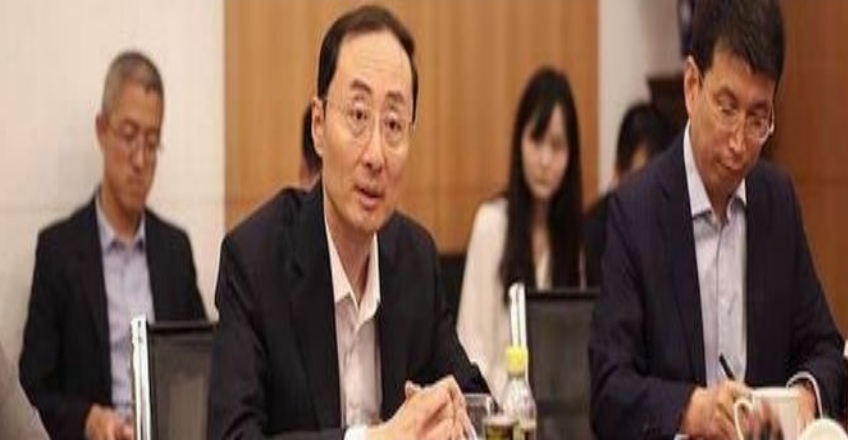China Must Resolve Indo Tibetan Boundary Dispute Earliest

Chinese Ambassador to India Sun Weidong
The boundary dispute between India and Chinese Occupied Tibet is a reality and should be given sufficient attention and taken seriously. This fact has now been realized by the Chinese Ambassador to India Mr Sun Weidong. Therefore He has observed that the two countries should not interfere in each other’s internal affairs.
“The boundary question is not the whole story of China- India relations and should be put at a proper place in the overall bilateral relations,” he said addressing a dialogue co-hosted by the Chinese People’s Institute of Foreign Affairs (CPIFA) and the Indian Council of World Affairs (ICWA).
He said the two sides should engage in dialogue on an equal footing, manage differences and find solutions through consultation. ”We should not allow differences to become disputes.”
The Chinese envoy noted that what happened over the past few decades has proven once again that highlighting differences would not help resolve problems. However what needs to be emphasized that the PLA attack in the Galwan Valley has definitely eroded the very foundation of mutual trust which India had with respect to China. As per Sun the border incident at Eastern Ladakh last year was something that neither side would like to see happen again. This is absolutely true. However now there can be no business as usual, unless and until, China first demarcates the current LAC, the Indo Tibetan Border and the Tibet China border. There after the disputed territory in between the LAC and the Indo Tibetan border may be negotiated.
China, as per Sun has been committed to resolving the border issue and easing the situation through dialogue and consultation. This is a welcome news and will be reciprocated by India.
The two sides must maintain communication through diplomatic and military channels. The frontline troops of the two countries have disengaged in the Pangong Tso Lake. Going forward, the two sides should implement the consensus reached by the two leaders of the two countries, strictly abide by a series of agreements reached between the two sides, strengthen dialogue and communication, improve the management and control mechanism, sustain the current momentum of de-escalation, and avoid relapse of the situation on the ground.
Sun said the unprecedented pandemic has accelerated the profound changes unseen in a century.”Humanity is a community with a shared future. We must work together to address global challenges. China and India need to practice true multilateralism, abide by the purposes and principles of the UN Charter, and uphold the international system with the United Nations at its core and an international order based on international law.”
He said the two countries should adhere to the five principles of peaceful coexistence, respect each other’s social system and development path, respect each other’s core interests and major concerns, and respect each other’s legitimate rights to development.
”We should never interfere in each other’s internal affairs. It is imperative to uphold independence, oppose hegemonism and power politics in any form, and reject zero-sum game and the Cold War mentality.”
India has been following the above and therefore has refrained from interfering in Hong Kong and Xinjiang affairs. However this has not stopped China from supporting Pakistan over Kashmir and POK. China has also been claiming the Indian state of Arunachal, which must stop forthwith. Along with the issue of Chinese Occupied Ladhak even the Tibetan issue must be resolved between the two countries by sitting together and talking.



